|
I served our nation as a man in the uniform of the United States Navy for over 30 years.
Over those three decades, I was blessed with tremendous opportunities and insight into a wonderful world that lay over the horizons of my hometown highways and byways. Over that vast expanse of time, it wasn’t an easy journey. But my career in the Navy helped mold me into the man I am today.
In fact, to help deal with many of the personal and professional challenges, I literally transformed the inevitable negative circumstances into a positive energy and an associated focus point as I became an optimistic realist, authored several books, and subsequently began blogging about realistic solutions to real-life challenges.
Through writing and reflecting, I learned to view events through a different, often conflicting perspective. And, as I have previously posited, it is often a shift, crack, or break in our respective lens that only occurs upon the flowing of our own tears that will ultimately allow us to see another person's perspective. In my opinion, this is a superlative definition of empathy. One of the biggest empathetic challenges we continue to slog through in America is our inability to collectively and successfully deal with race, racial politics, and racial division; all are related, but each one of these race-related issues has a different face, and all have a far-reaching effect on our nation, our future, and our ability to optimize, maximize, and synergize. As many of my readers have noticed, the topics of my blog are usually positively skewed and often interspersed with a bit of irony. Today’s post is definitely positively skewed, with a tiny bit of irony. As our nation moves toward a more perfect union, of you, he, she, we, and me, the conversations are likely to get more uncomfortable, if not more difficult. Yet, we must continue to have a commitment to discuss difficult topics in uncomfortable situations. Indeed, communication may be the key. But I also believe empathy, or the lack thereof, is the lock that must be faced, factualized, and ultimately facilitated, if we are to truly become the Land of the Free. A few years ago, I blogged about “Why You Should Love Diversity.” That post garnered significant feedback across the groups to which I belong on LinkedIn and elsewhere. I opened that blog post with the statement, “It’s been said that the race is long; but in the end, it’s only with your self.” This is an especially true statement for our ever-evolving republic. I also stated, “To be better tomorrow, you need to run faster, think smarter, be stronger, and be (more) different (and diverse) than the entity you are today.”
But how, exactly, does an organization plan to get better than itself,
especially when the organization is often working with, for, and against itself?
Personally, I am a tremendous fan of proactive, solution-oriented planning. Moreover, a simple plan is often much better than a complex and complicated plan.
Accordingly, one of my favorite blog posts references a plan for anything and everything in life. The plan involves, quite simply, “4 Little Questions.” Much more than a fancy way of saying, “Don’t cry over spilled milk,” the 4 Little Questions are the basis for a strategic and tactical plan out of almost any challenging scenario:
In May of last year, I blogged about my communications with the Naval Postgraduate School (NPS). More specifically, I blogged about the implications of the NPS Alumni Association’s Advisory Council AND its Board of Trustees having zero minority representation among its members. The Advisory Council, in particular, is comprised of a few civilians and several retired admirals of the United States Navy.
Despite the direct connection to a federally funded military institution of higher learning, both organizations were, in fact, comprised of members who were essentially 100% White. And yet, the Advisory Council plainly stated on the NPS Alumni Association website, “… the Advisory Council is composed of accomplished experts who will offer innovative strategies and DIVERSE perspectives to our Board of Trustees.” Notwithstanding the Council’s inappropriate use of the loaded word diverse, to be sure, whenever one begins to discuss race in terms of “Black” or “White,” people begin to get uncomfortable. Again, as the United States of America moves toward a more perfect union, the conversations are likely to get more uncomfortable, if not more difficult. But the discussions simply must be had; the dialogues need to continue. Great marriage counselors often advise that a marriage devoid of arguments is not only rare; it is potentially unhealthy. The same is true in politics, partnerships, and parents of maturing teenagers. After all, it is often through opposing propositions, points, and positions that we arrive at an overall better solution – but only after significant discussion, coincidental compromise, and a (re)commitment to the original commitment (whatever that commitment may be). Likewise, over the course of my life in the military, we were known to use the phrase, “iron sharpens iron.” Ironically, most of my military brethren and sisters did not know that this phrase has a basis in Scripture. More specifically, it is from the Book of Proverbs, Chapter 21, Verse 17… “As iron sharpens iron, so one person sharpens another.” (NIV) Accordingly, to become a better military, we must address what has happened. To become the best military, we must address what has happened, what is happening, and, perhaps most importantly, what we are doing about it.
As investigators continue digging through the literal and figurative rubble of the Capitol insurrection that occurred on January 6, 2021, the military is conducting some degree of self-reflection and (perhaps) some degree of self-inspection. Please note the difference between those two concepts (self-reflection and self-inspection).
Other American organizations are addressing what has become apparent in the ongoing investigation: there seems to be a growing number of violent extremists among American Veterans. KPBS, the National Public Radio and Public Broadcasting System affiliate in San Diego is hosting “a virtual event exploring racial extremism among American Veterans. Military Reporter Steve Walsh and a panel of experts plan to discuss how veterans are targeted and the role organizations could play in deradicalization.” If you’d like, you may participate in the conversation this Wednesday, February 24 at 6pm PST. RSVP for the event via this link: https://kpbs.us/3s4FcZE or simply click on the picture below.
The events of 1/6, and the number of American military Veterans involved seem to have shocked the consciousness of the American citizenry who have never served in the military.
But for many of us who have served… …the insurrection – and the number of veterans involved - were not shocking. In fact, it’s what can be expected to happen when leaders don’t answer the "4th Little Question":
The truth of the matter is this:
We have met the enemy, and he is us.
Related posts and articles:
Official Navy “Task Force One” report Why you Should Love Diversity Leadership and A Few Other Ships
John H. Clark III is an optimistic realist.
Principal consultant at The PIE Group, and Executive Director of TeenBuilding USA, [a non-profit 501c(3)], John H. Clark III believes better development of leaders is what we (all) need. And to be better organizations, we need more good leaders, not followers. To build better leaders, we must start with the individual (you, she, he, and me).
Described as “an innovative leader,” John teaches leaders, organizations, and individuals how to inspire each other. With a bold goal to inspire a worldwide community of optimistic realists who continuously accept, adapt to, and achieve the bold and beautiful concept of The Ideal Life, John is leading a movement to inspire people to apply his trademarked mantra {Accept. Adapt. Achieve! ®}. An innovative business manager and retired naval officer, John is fascinated by leaders and organizations that make the greatest impact within their organizational culture and within the “real” world — people who “get it.” Over the course of his life as a military leader, corporate mentor, and innovative content creator, John has discovered a wealth of insight about how we think, act and communicate within our respective work/life environments. As a career naval officer, mentor, educator, and optimistic realist, he has devoted his life to sharing insights to assist in our quests to become better at what we all do – live @ work! An optimist with a penchant for writing about realistic solutions to the challenges of everyday life, John is the author of 3 books: a leadership-development insider, The Ideal: Your guide to An Ideal Life, a teen-focused guide, Getting Out: Expert Advice for Today’s Teens, and the Christian-based book, God’s Heartbeat: A Powerful Premise for Leading a Christian Life. He delivers a unique and refreshing point of view to life's seemingly overwhelming situations. Through books, blogs, and everyday conversation, John's message resonates with an empowering blend of ideals that enrich, uplift, and authorize people to set and achieve goals far beyond current mindsets. An engaged community advocate and authentic leader, his trademarked phrase is a winner: |
My purposeInspiring a worldwide community of optimistic realists. Archives
April 2024
Categories |
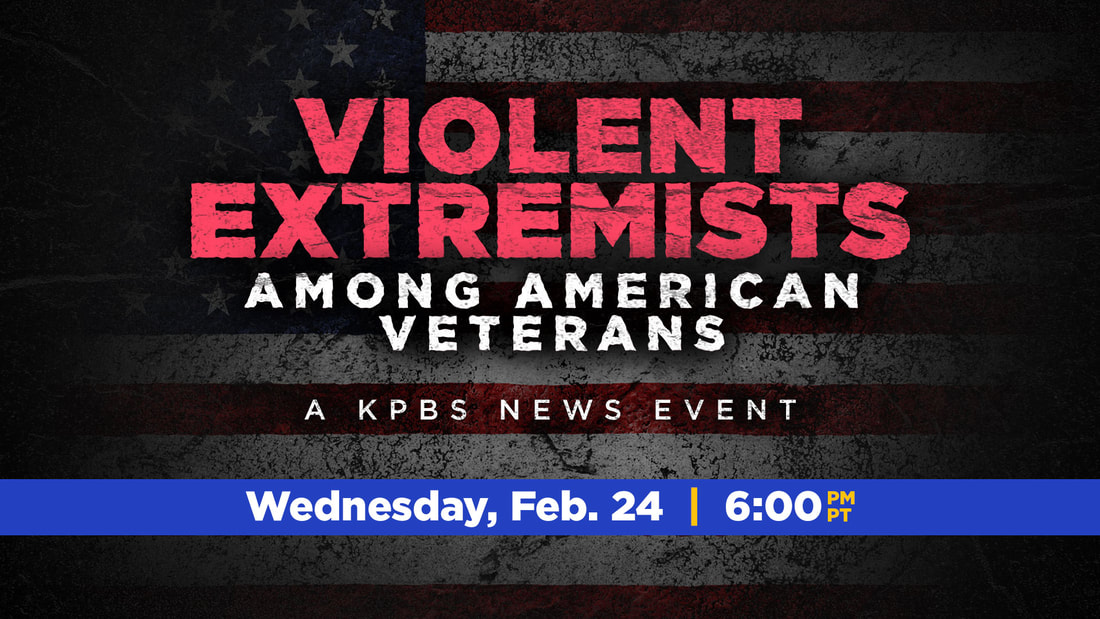

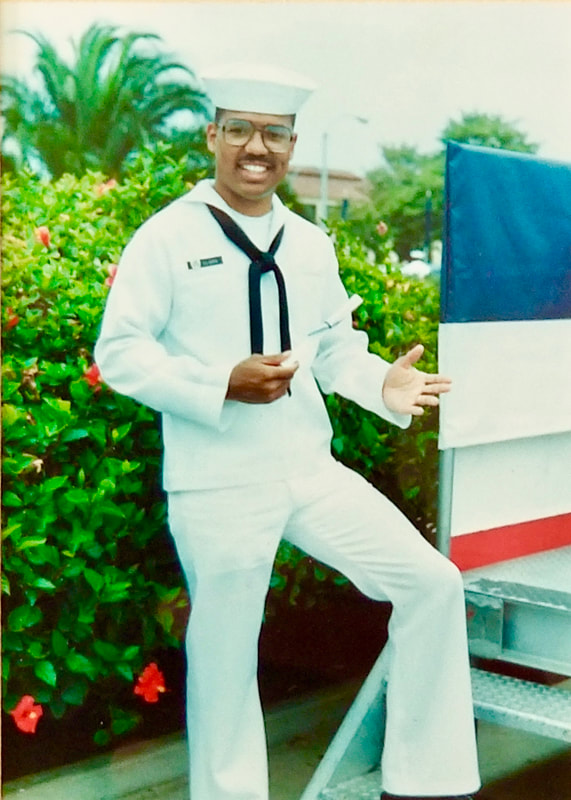
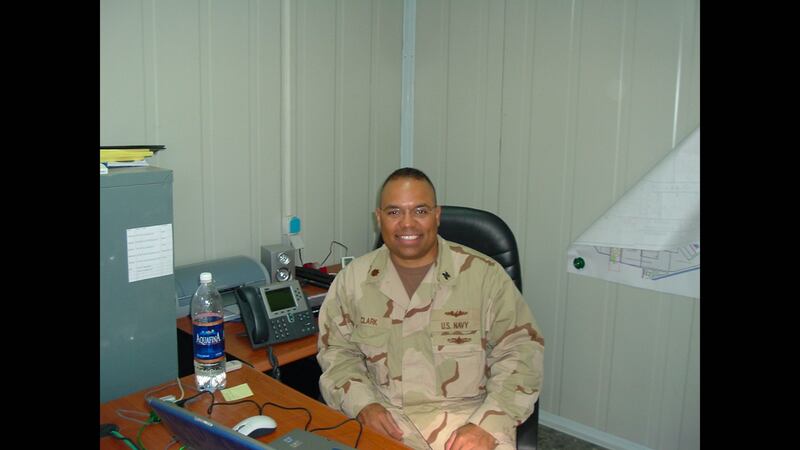
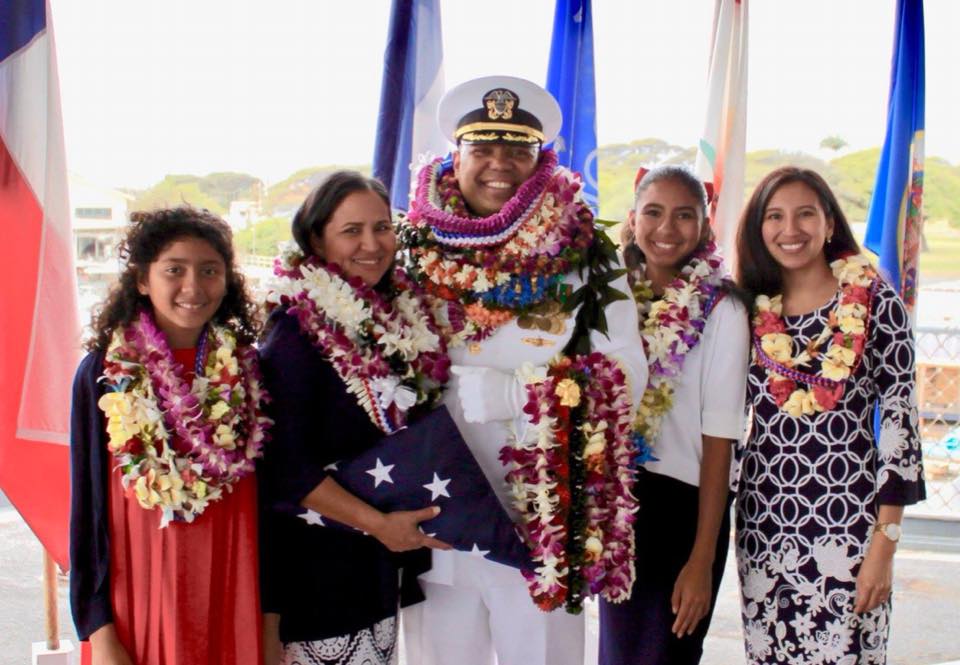
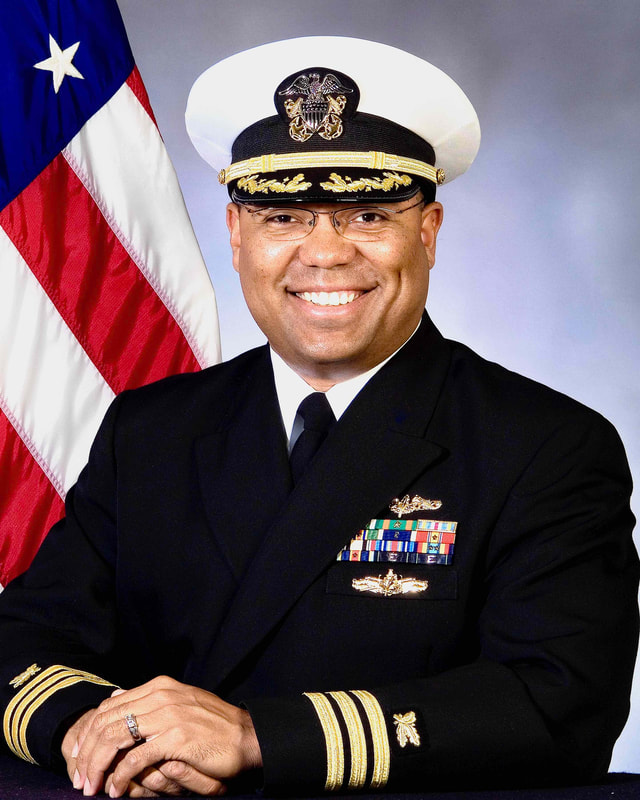
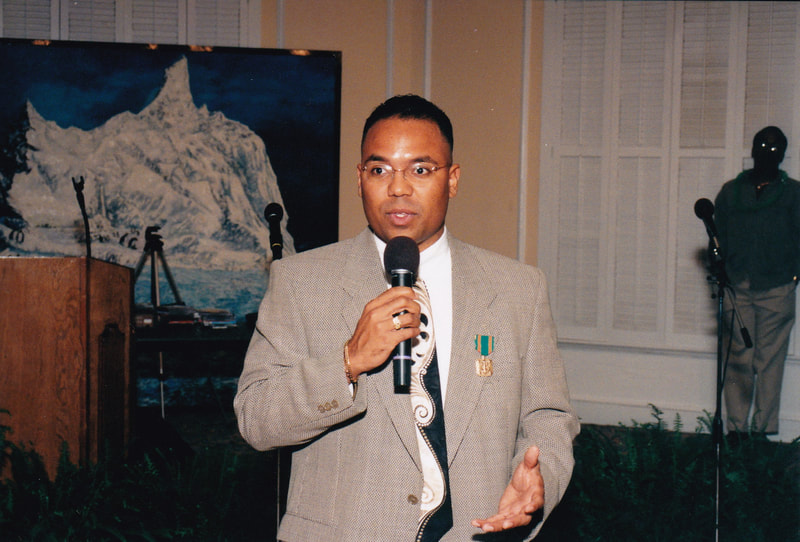
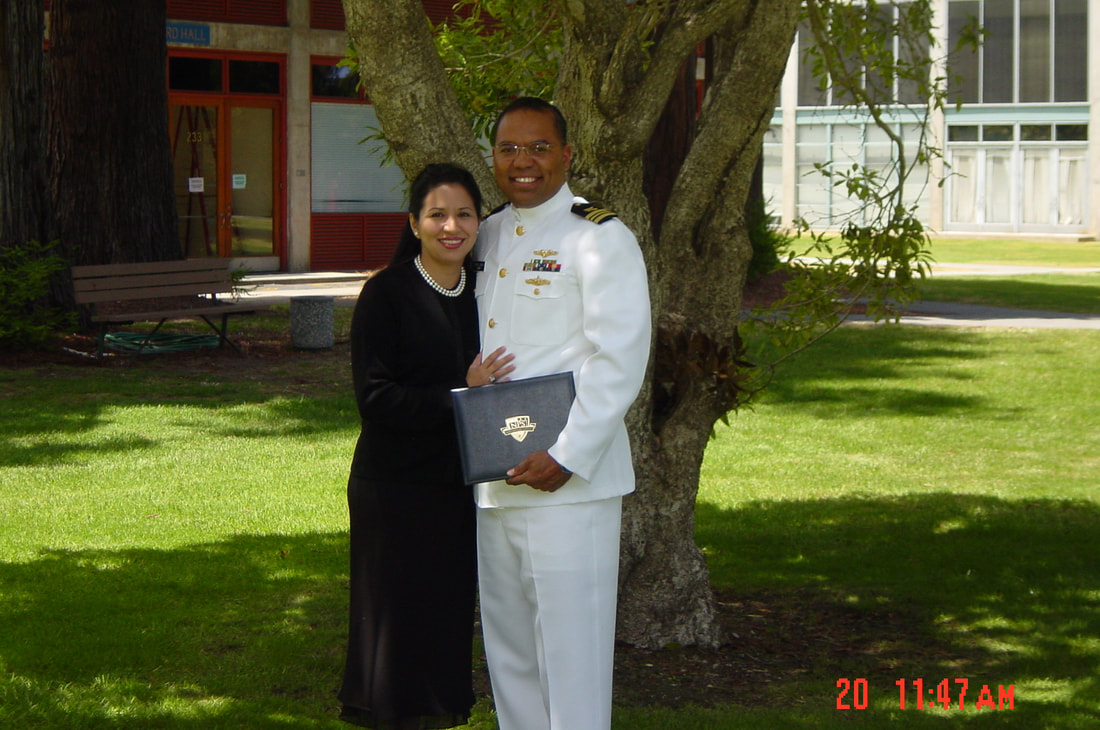
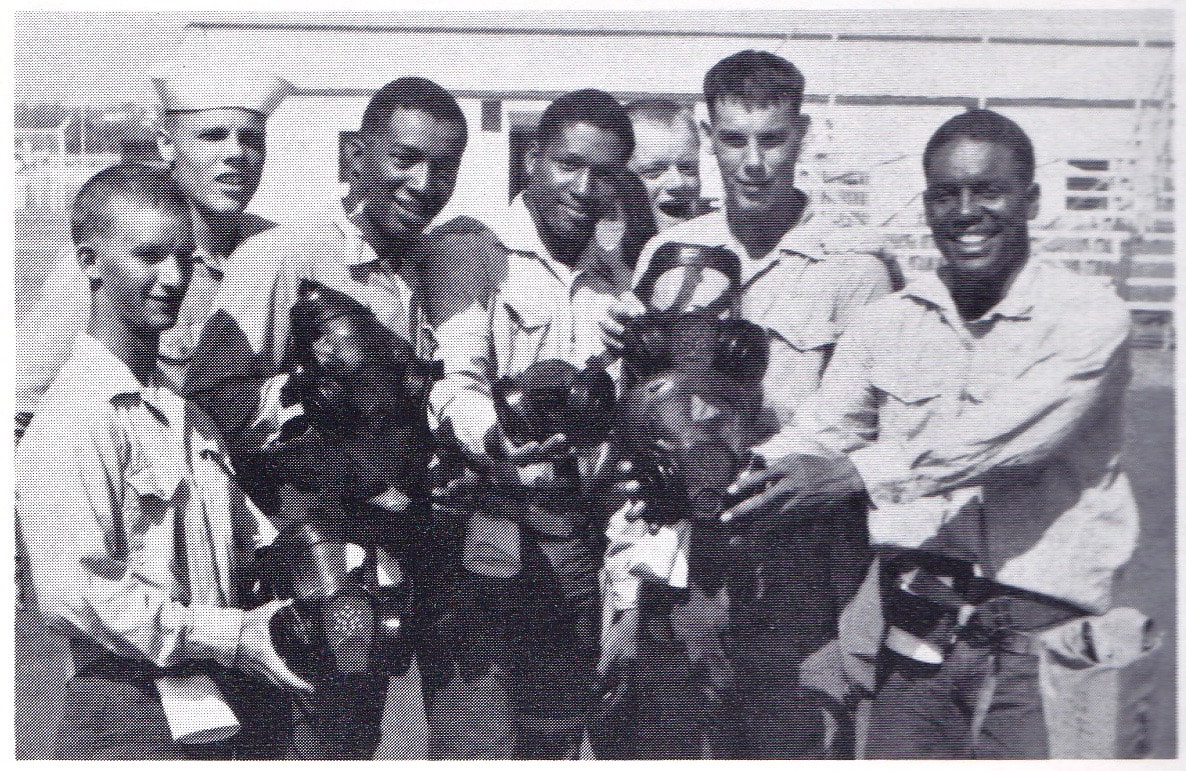


 RSS Feed
RSS Feed
